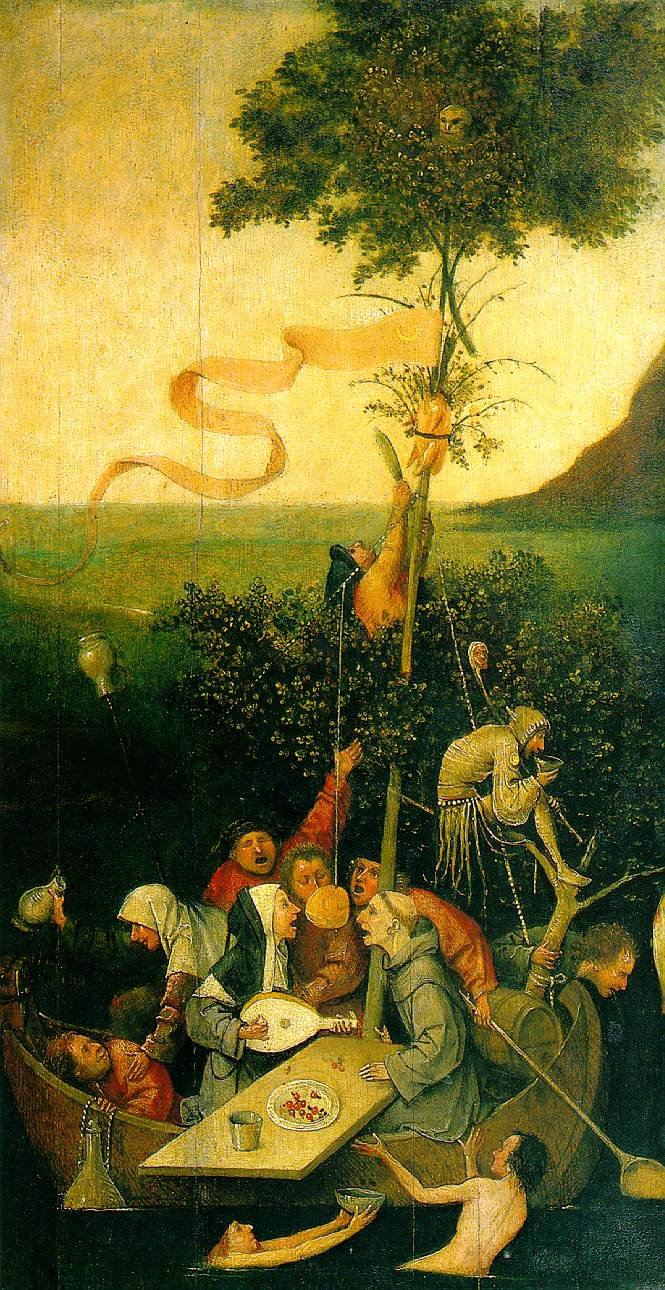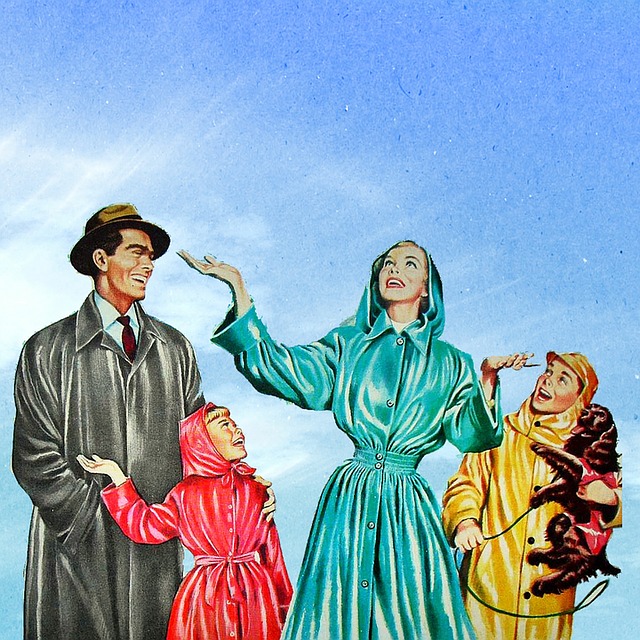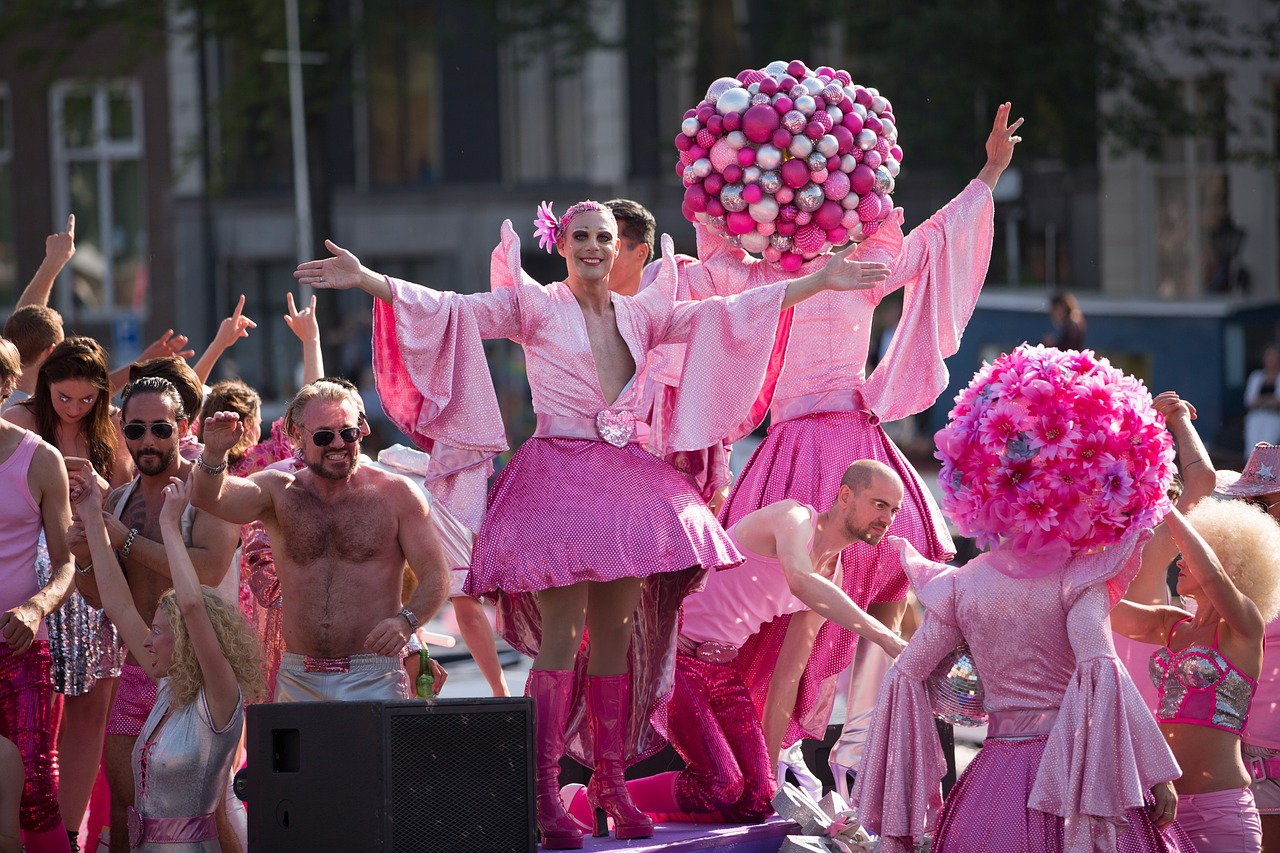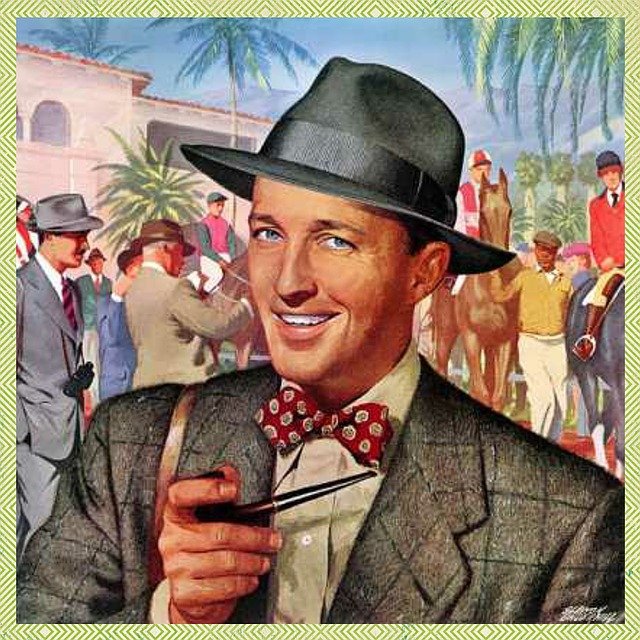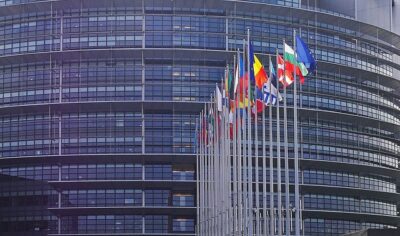 We see protesting farmers all over Europe blocking roads and dumping manure. But they do not upset the unworldly and arrogant leadership in Brussels. Individual Europeans have little love for the EU project. Whilst many think the original idea is a good one, they are not willing to engage with the political issues or even participate in the elections. Instead, what we see is political contempt and disinterest.
We see protesting farmers all over Europe blocking roads and dumping manure. But they do not upset the unworldly and arrogant leadership in Brussels. Individual Europeans have little love for the EU project. Whilst many think the original idea is a good one, they are not willing to engage with the political issues or even participate in the elections. Instead, what we see is political contempt and disinterest.
Perhaps it was doomed from the very beginning?
A union should have started with a common army. This is the classic introduction to empire building and domination, from the Delian League in ancient Greece to the United States of America.
The next step is the ability to tax citizens centrally. And if any country does not pay or does not follow the rules, that is where the first point comes in, the common army.
Then you can introduce a common currency, backed by taxpayers, a common business community and a central bank.
Then it suddenly makes sense to elect representatives to a parliament in Brussels, which will manage the taxes, currency, armed forces, laws and regulations, and foreign policy. And these elected representatives will in turn elect a government and prime minister. And not like today with appointed bureaucrats in the Commission and an unelected president.
But we all understand where the shoe pinches. The EU project could never have started with a common army. No, the people would have realised that the European Community would develop into a real union. And they didn’t want that.
The stealthy development of European co-operation was necessary and rarely discussed; instead, the peoples of Europe were promised time and again that it would not develop into a federation, despite the fact that it was heading in that direction.
The Ukrainian war is in itself a pretext for creating a common army afterwards, but it is probably too late. After all, we have NATO, which is a kind of military co-operation between EU countries, with the annoying complication that it is indirectly controlled by the largest member state, the US.
Some might even argue that the whole EU project is controlled by the US and its vassals. After all, Germany and even Italy are still occupied countries since World War II with US military bases present. The creation of an EU army would not only make Europe uncomfortable, but also challenge the Americans. And without a common army, countries cannot be kept in line, and we already see the UK leaving, or countries like Hungary, Slovakia and others not following the common directives.
The possibility of collecting federal taxes is also being discussed nowadays, perhaps even at the eleventh hour, because the citizens see the high salaries of EU politicians and the waste that is going on; the willingness to pay even more is low. The EU has always been an elite project, created from the top, driven by stealth, decided behind closed doors, with an extremely thin democratic veneer. There is no real popular support, apart from simple phrases such as that you don’t have to exchange money if you have a common currency, and that it is easier to move between countries, well, it wasn’t particularly difficult before either. Free movement has also backfired in the form of mass migration from non-European countries. Whether migrants are allowed into some countries but not others seems to take up a lot of the EU politicians’ energy. As well as unnecessary regulations, tobacco bans, fixed caps on PET bottles, and second-hand sorting of crooked cucumbers, and so on.
Perhaps this is not what we expected from European co-operation? Wouldn’t we all be richer through increased trade and joint development, research and progress? Europe was long the creative centre of the world. What strikes me today is how incredibly boring the EU has become. Not only the politicians, their wordy but empty speeches, but also visions and ideas, or the lack of them.

